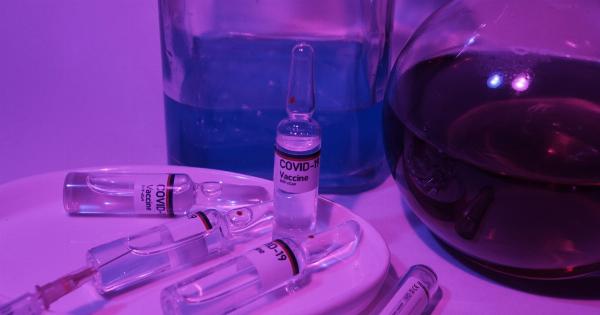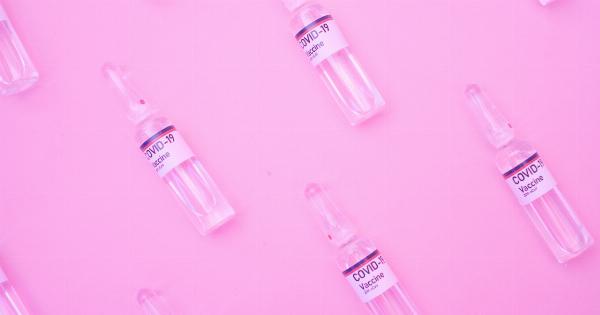Urinary tract infections (UTIs) are a common condition affecting millions of people worldwide. UTIs happen when bacteria infect the urinary tract, which includes the bladder, kidneys, ureters, and urethra.
While anyone can get a UTI, women are more prone to them because they have shorter urethras which make it easier for bacteria to enter.
Also, during pregnancy, the risk of having a UTI increases because as the uterus grows, it puts pressure on the bladder, making it difficult to fully empty it.
UTIs are usually treated with antibiotics, but there are a few things that can be done to prevent them from happening, including drinking plenty of water, wiping from front to back after using the toilet, and avoiding feminine hygiene products that may irritate the urethra.
Recent studies have shown that there is a surprising fruit that may help prevent UTIs. This fruit is none other than the cranberry.
The science behind cranberries and UTIs
For years, it has been thought that cranberries can prevent UTIs. But it is only in recent years that scientific studies have been conducted to determine the truth behind this belief.
Cranberries contain compounds called proanthocyanidins (PACs) that seem to prevent bacteria from sticking to the bladder walls. This makes it difficult for bacteria that cause UTIs, such as Escherichia coli (E. coli), to take hold and cause an infection.
The PACs in cranberries work by binding to the hair-like projections (fimbriae) on the surface of E. coli bacteria.
This prevents the bacteria from sticking to the walls of the bladder, making it easier for them to be flushed out of the body through urine.
Studies have shown that drinking cranberry juice daily can help reduce the number of UTIs someone experiences over a year, especially in women who are prone to them.
In a study published in the Journal of Antimicrobial Chemotherapy, women who drank cranberry juice daily for 6 months had a 20% decrease in the number of UTIs compared to the group who drank a placebo.
Another study, published in the Journal of Urology, found that women who were given cranberry capsules containing concentrated cranberry extract had fewer UTIs compared to women who received a placebo.
While cranberry supplements are not regulated by the FDA, it is important to note that they should not be used to treat an existing UTI. Rather, they are used to help prevent UTIs from happening in the first place.
How to incorporate cranberry into your diet
Cranberries can be easily incorporated into anyone’s diet, whether it be consumed as juice, dried fruit, or fresh fruit.
However, it is important to note that many cranberry juice drinks sold in stores are high in added sugars and should be avoided. Instead, opt for unsweetened cranberry juice or cranberry capsules.
Here are a few ways to incorporate cranberries into your diet:.
1. Cranberry juice
As mentioned earlier, unsweetened cranberry juice is a great way to get the benefits of cranberries without the added sugars. You can purchase cranberry juice at most grocery stores or online retailers.
Aim to drink 8-16 ounces of cranberry juice daily to help prevent UTIs.
2. Fresh cranberries
Fresh cranberries can be added to oatmeal, yogurt, or smoothies for an added boost of flavor and nutrition. They can also be used in baking recipes such as muffins or bread.
You can typically find fresh cranberries in grocery stores during the fall and winter months.
3. Dried cranberries
Dried cranberries can be a healthy snack option, but it is important to check the label before purchasing. Many dried cranberries contain added sugars and oils, which can negate the health benefits.
Look for unsweetened dried cranberries or ones that are sweetened with fruit juice.
Conclusion
Cranberries are not just a delicious fruit, but they also have the potential to help prevent UTIs. The proanthocyanidins (PACs) found in cranberries work by preventing bacteria from sticking to walls of the bladder.
While cranberry supplements are available, it is important to note that they should not be used to treat an existing UTI.
To incorporate cranberries into your diet, opt for unsweetened cranberry juice, fresh cranberries, or unsweetened dried cranberries. By regularly consuming cranberries, you may be able to reduce your risk of getting a UTI.





























